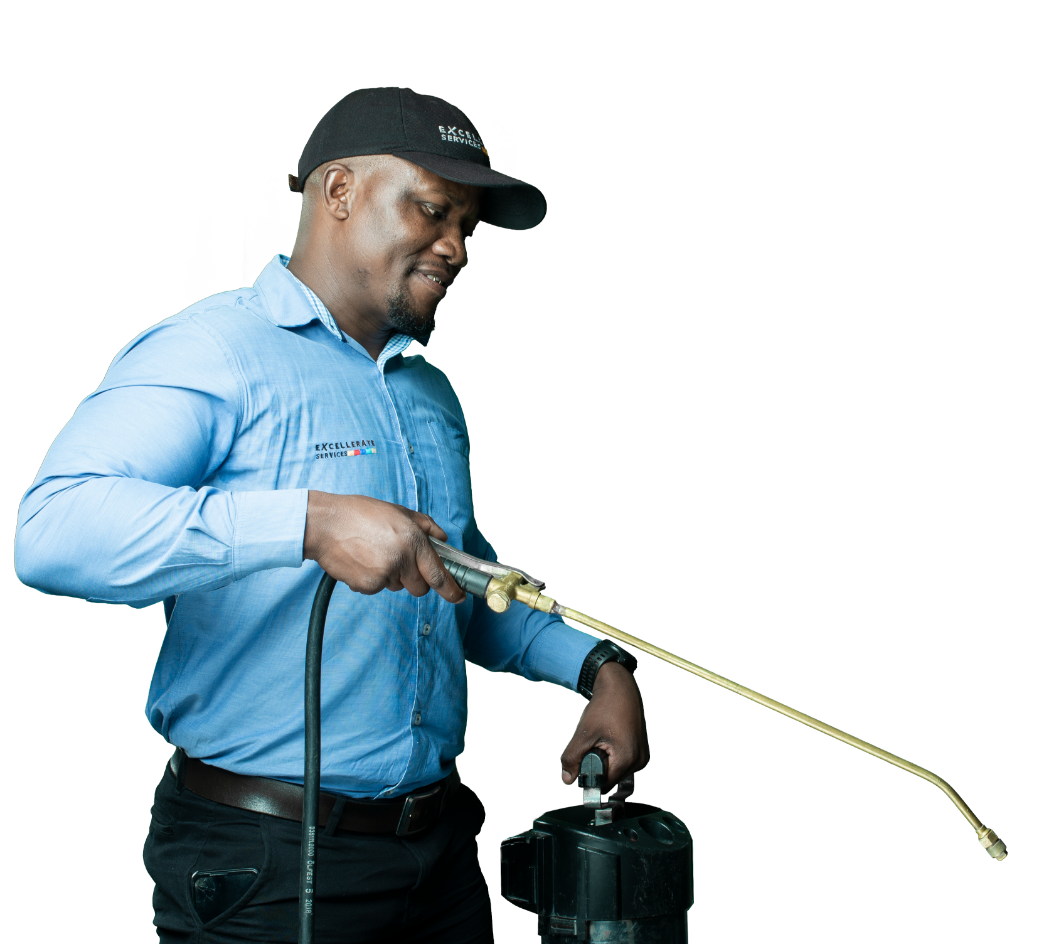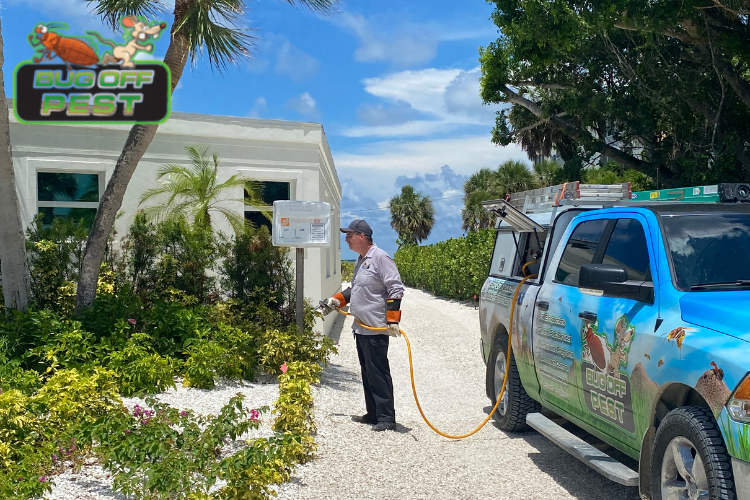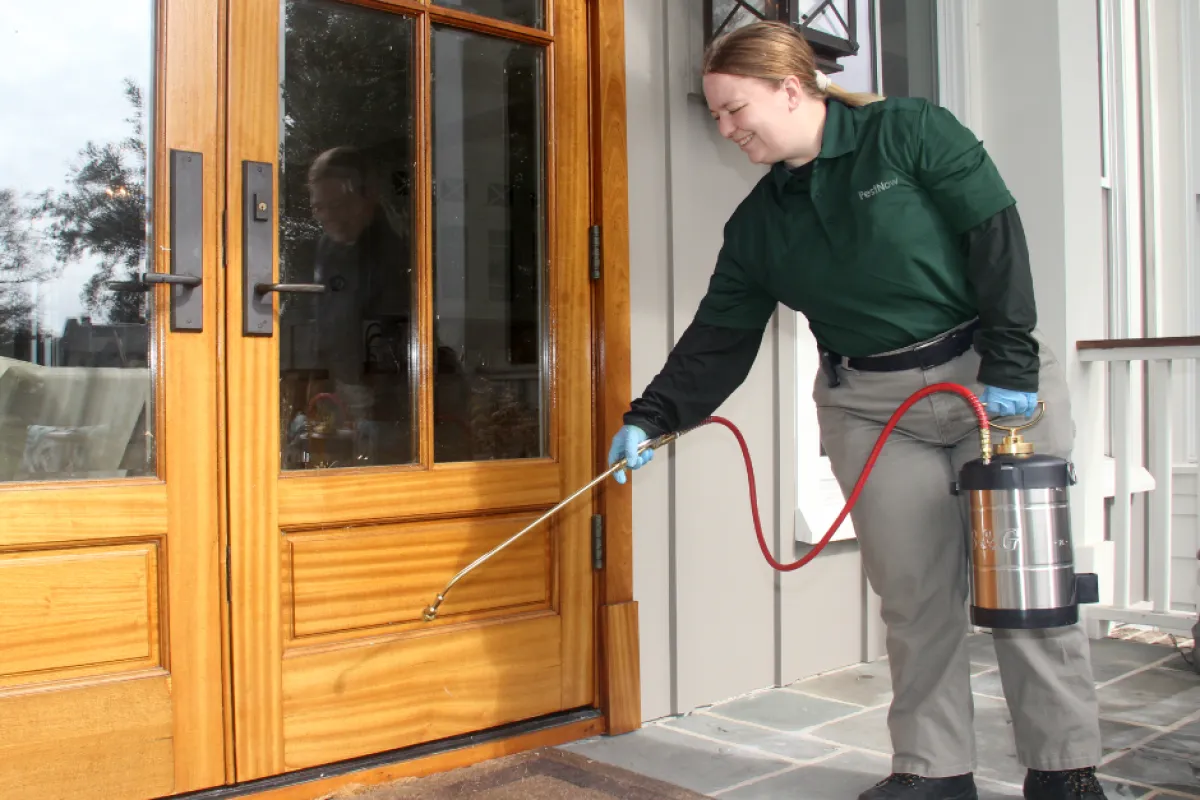Exploring Cutting-edge Strategies and Products for Reliable Parasite Control
The landscape of parasite control is advancing, marked by the emergence of innovative strategies and items developed to improve performance and sustainability. From smart catches furnished with innovative monitoring systems to organic approaches that employ natural killers, these developments offer a paradigm shift in exactly how we approach pest administration. Environmentally friendly chemical alternatives and scent disruption strategies supply targeted solutions that line up with ecological stewardship. As the industry grapples with these advancements, a closer evaluation discloses not only their implications however also the potential challenges that may occur in their application.
Smart Traps and Monitoring Equipments
How can contemporary technology improve insect management? One significant advancement is the development of wise traps and monitoring systems, which give real-time data and analytics for efficient parasite control. These systems utilize sensing units and wireless modern technology to identify bug activity, informing residential or commercial property managers and parasite control experts to infestations prior to they intensify.
Smart traps are furnished with functions such as bait terminals that draw in parasites and catch them successfully. These catches can be monitored remotely, permitting timely interventions and decreasing the requirement for comprehensive chemical applications. The combination of machine discovering algorithms allows these systems to distinguish between target insects and non-target types, enhancing the accuracy of parasite control actions.
Additionally, the data gathered from clever catches can be analyzed to recognize patterns in parasite behavior and environmental factors adding to infestations (Pest Control in Port Charlotte). This information is invaluable for developing targeted insect administration methods customized to particular settings. By welcoming clever catches and monitoring systems, bug control specialists can improve their operational effectiveness and lower the ecological effect of parasite management, inevitably resulting in safer and a lot more sustainable methods in the industry
Biological Parasite Control Methods
Using all-natural killers and parasites, biological insect control techniques provide an environmentally friendly choice to chemical treatments. This technique entails the intro or improvement of specific microorganisms that can naturally regulate bug populaces, therefore reducing reliance on artificial pesticides. Typical instances include the usage of ladybugs to manage aphid infestations and parasitical wasps to target caterpillars.

Organic control can be categorized into three primary techniques: classical, augmentative, and preservation. Classical organic control involves importing natural adversaries from the bug's native habitat, while augmentative control involves raising the population of existing all-natural enemies with releases. Conservation methods focus on producing problems that sustain these useful microorganisms in the ecosystem.
It usually needs an extensive evaluation of bug dynamics and the life cycles of both the bugs and their all-natural opponents. As awareness of environmental problems grows, biological bug control approaches are increasingly identified for their sustainable function in incorporated insect informative post administration programs.
Eco-Friendly Chemical Alternatives
Environmentally friendly chemical choices provide a viable solution for bug management that decreases environmental impact while properly regulating insect populaces. These alternatives are acquired from all-natural resources and are carefully developed to target specific insects without hurting advantageous microorganisms, making them a necessary part of sustainable bug control methods.
Among the most efficient environment-friendly options are plant-based pesticides, such as neem oil and pyrethrin, which are derived from the seeds and blossoms of different plants. These compounds interfere with the life cycles of bugs, decreasing their populations without the hazardous effects connected with conventional chemicals - Pest Control in Port Charlotte. Furthermore, vital oils like peppermint and clove oil display repellent buildings, additionally boosting their energy in insect monitoring

Furthermore, environmentally friendly chemical options usually damage down faster in the environment, decreasing the danger of dirt and water contamination. This particular aligns with the enhancing consumer demand for lasting techniques in agriculture and city pest control. As study remains to advance, the development of cutting-edge green solutions will certainly better boost effectiveness and expand application areas, making it possible for pest management experts to take on greener, a lot more responsible approaches in their techniques while securing human health and the atmosphere.
Pheromone Interruption Techniques
One more cutting-edge strategy in lasting parasite administration is using pheromone disruption techniques. These approaches exploit the natural chemical signals, or scents, that pests use for communication, specifically in breeding habits. By disrupting these signals, parasite populations can be properly managed without turning to hazardous chemicals.
Scent traps are typically utilized in this technique. These catches Home Page use synthetic variations of insect scents to lure male insects, therefore decreasing their capacity to situate females and replicate. Gradually, this can bring about a considerable decrease in pest populaces. Furthermore, the launch of repellent scents can produce complication amongst pests, even more hindering their breeding procedures - Pest Control in Port Charlotte.

Integrated Bug Management Approaches
Efficient insect control typically calls for a thorough approach, and Integrated Insect Management (IPM) approaches provide a framework for accomplishing this objective. IPM integrates various management methods to decrease bug populaces while lowering reliance on chemical pesticides. This multifaceted strategy starts with comprehensive tracking and identification of bugs, enabling targeted treatments based upon certain bug pressures.
Social practices, such as crop rotation and cleanliness, play an essential role in preventing pest facility. Biological controls, consisting of natural predators and parasitoids, are employed to maintain bug populations at workable levels. When essential, selective chemical therapies are applied, stressing lower poisoning to non-target varieties and the setting.
Furthermore, education and outreach are integral parts of IPM, promoting understanding amongst stakeholders regarding lasting methods Web Site and pest life cycles. The adaptability of IPM permits specialists to react successfully to transforming insect characteristics and ecological problems. By employing this alternative approach, IPM not just enhances parasite control effectiveness yet also contributes to long-lasting ecological equilibrium. Inevitably, Integrated Bug Monitoring stands for a forward-thinking remedy that aligns agricultural performance with environmental stewardship, making it necessary in modern insect control approaches.

Final Thought
In final thought, the integration of ingenious techniques and products for reliable insect control represents a substantial innovation in sustainable pest monitoring. Smart catches and monitoring systems, organic insect control methods, environmentally friendly chemical choices, and scent interruption methods jointly enhance the performance of insect management approaches.